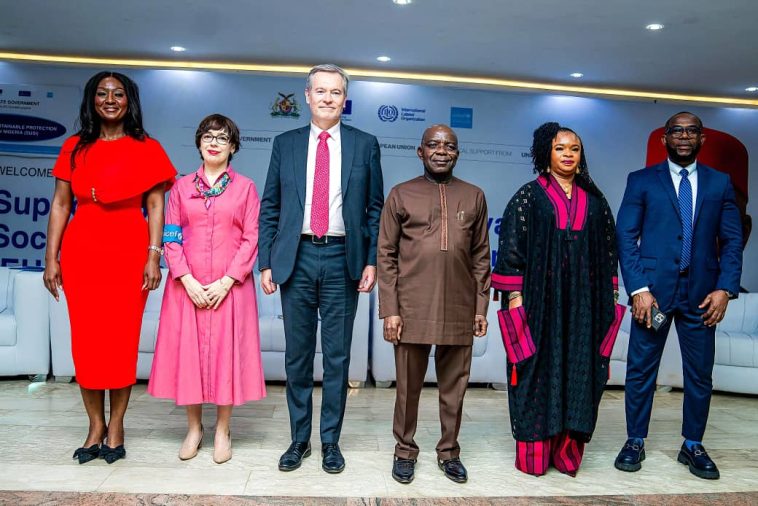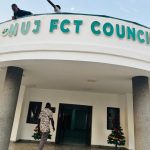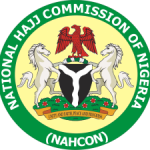From Dooshima Terkura , Makurdi
The Government of Abia State has launched the European Union (EU)-funded project, Supporting Sustainable Social Protection Systems in Nigeria (SUSI), in collaboration with UNICEF, the International Labour Organization (ILO), and other partners.
A statement signed by the UNICEF Communication Specialist, Samuel Kalu, and made available to newsmen in Makurdi, said despite its importance, social protection coverage in Nigeria remains limited.
According to the International Labour Organization 2024 World Social Protection report, only 14.8 per cent of Nigerians currently have access to effective social protection.
To close this gap, the project, which is also being implemented in Benue, Oyo, and Sokoto States, is designed to strengthen inclusive, shock-responsive, and sustainable social protection systems.
“It aligns with the Federal Government’s Renewed Hope Agenda and the Eight-Point Agenda, aiming to reduce poverty, protect the most vulnerable, and promote resilient livelihoods.
Speaking at the event, Dr. Alex Otti, Executive Governor of Abia State, reaffirmed the State’s commitment saying “I am also glad that the EU, ILO and UNICEF will be partnering with the State Government towards the successful delivery of the SUSI Project.
“We are encouraged to think of our children and the world we want to bequeath to them. Individually and collectively, we are called to remember that every decision counts, that we do not own anything but are merely custodians who would one day be required to look back, either in regret or fulfilment.”
The EU Ambassador to Nigeria and ECOWAS, Gautier Mignot underlined the import of the EU’s support saying that “Social protection is central to building equitable societies. This partnership demonstrates our continued commitment to improving the lives of Nigerians, particularly in states like Abia, by strengthening systems that can provide support when it is needed most.”
UNICEF Representative in Nigeria, Wafaa Saeed highlighted the transformative impact of inclusive systems.
She said “Social protection is not just a safety net, it is a springboard for inclusive development. Through this project, we aim to ensure that every child and family, particularly the most vulnerable, is protected from the shocks that can derail their well-being and opportunities for a better future.”
Vanessa Phala, Director of the ILO Country Office for Nigeria, Ghana, Liberia, and Sierra Leone and Liaison Office for ECOWAS stressed the importance of long-term sustainability noting that “A well-designed and inclusive social protection system is fundamental to decent work, economic stability, and social cohesion. With this project, we are working together to ensure that social protection becomes a reality for more Nigerians.”
The implementation of the SUSI project will support development of social protection policy, expansion of the social register, capacity building, strengthening the database system and make it interoperable with other related databases, and ensuring that social protection programmes are well budgeted for, at both federal and state levels.






